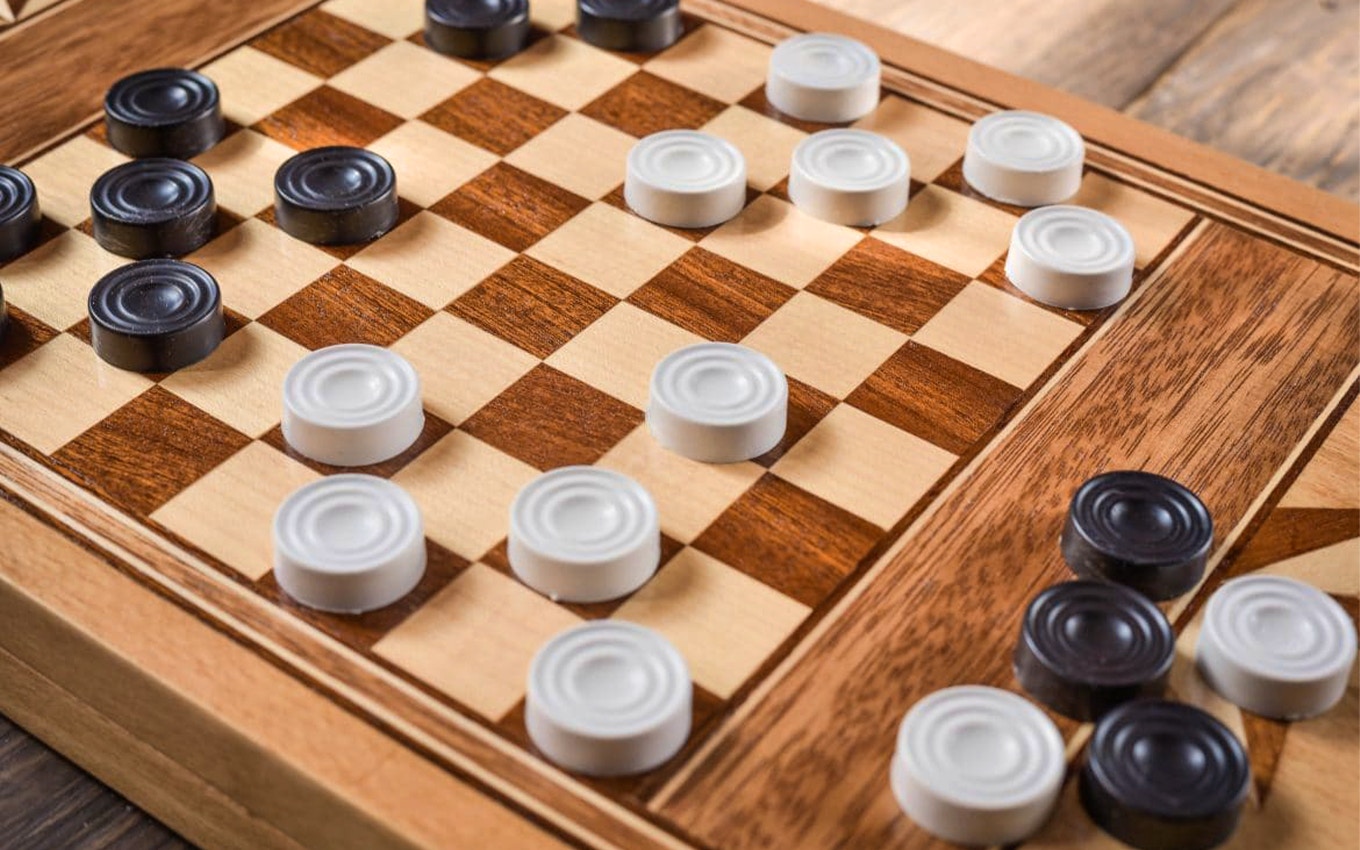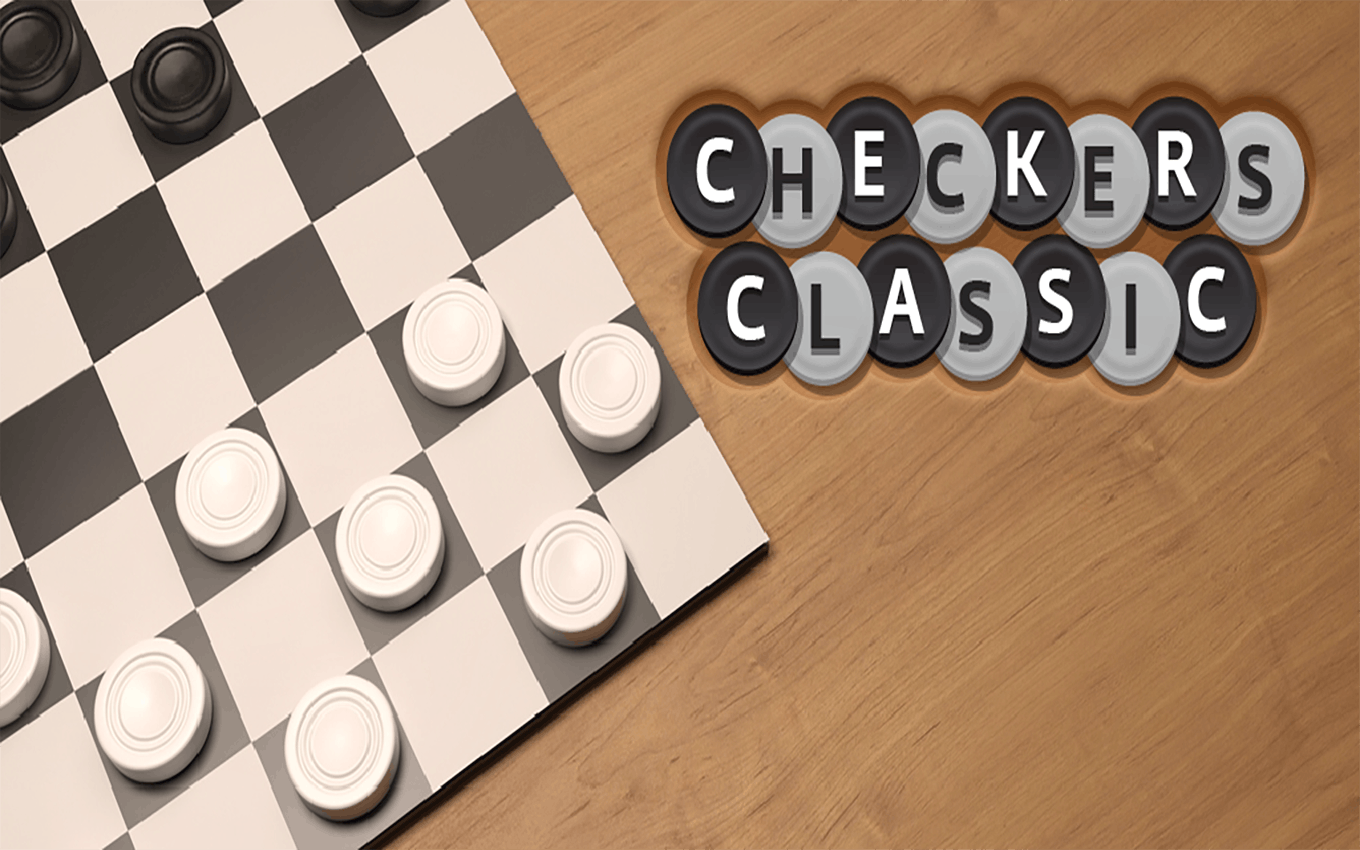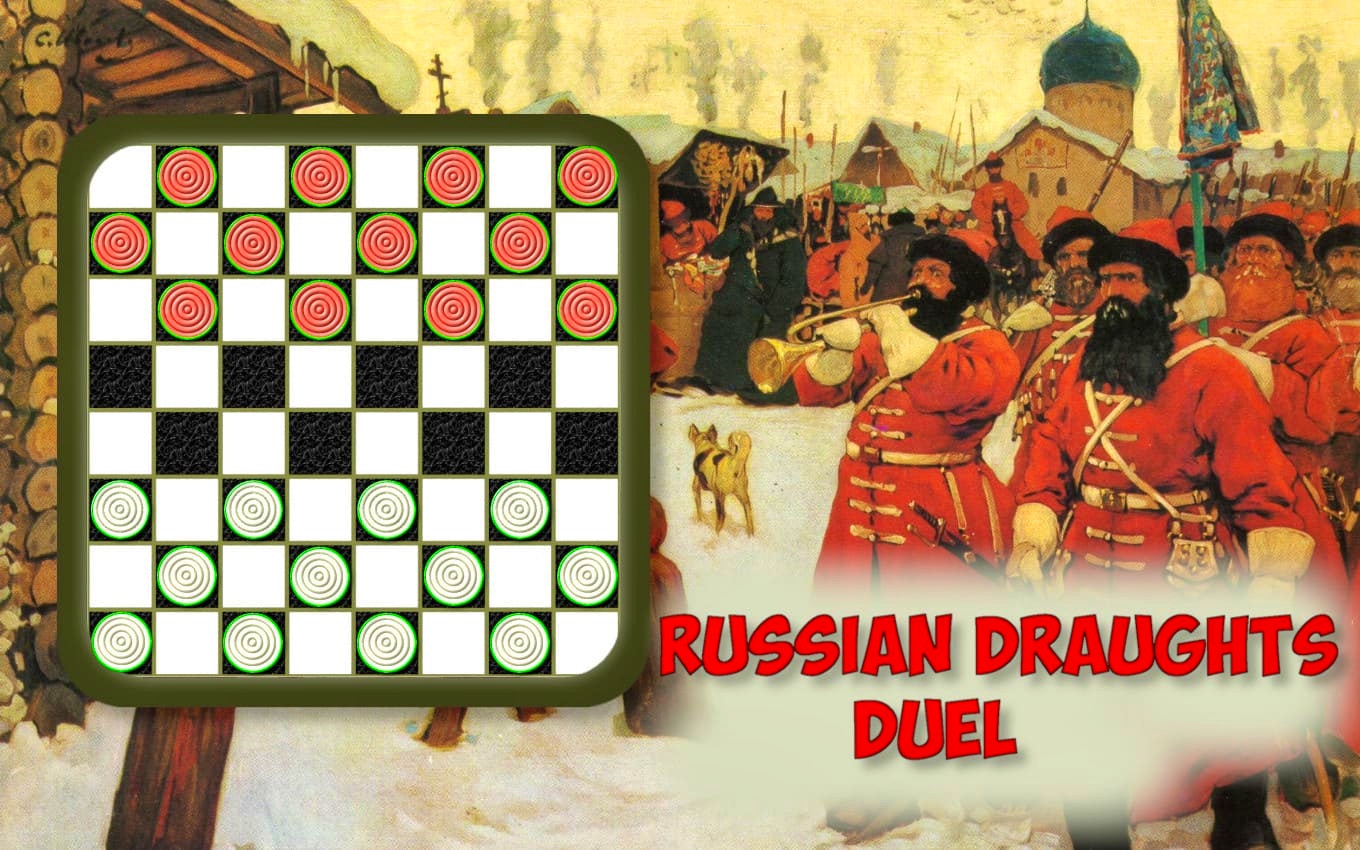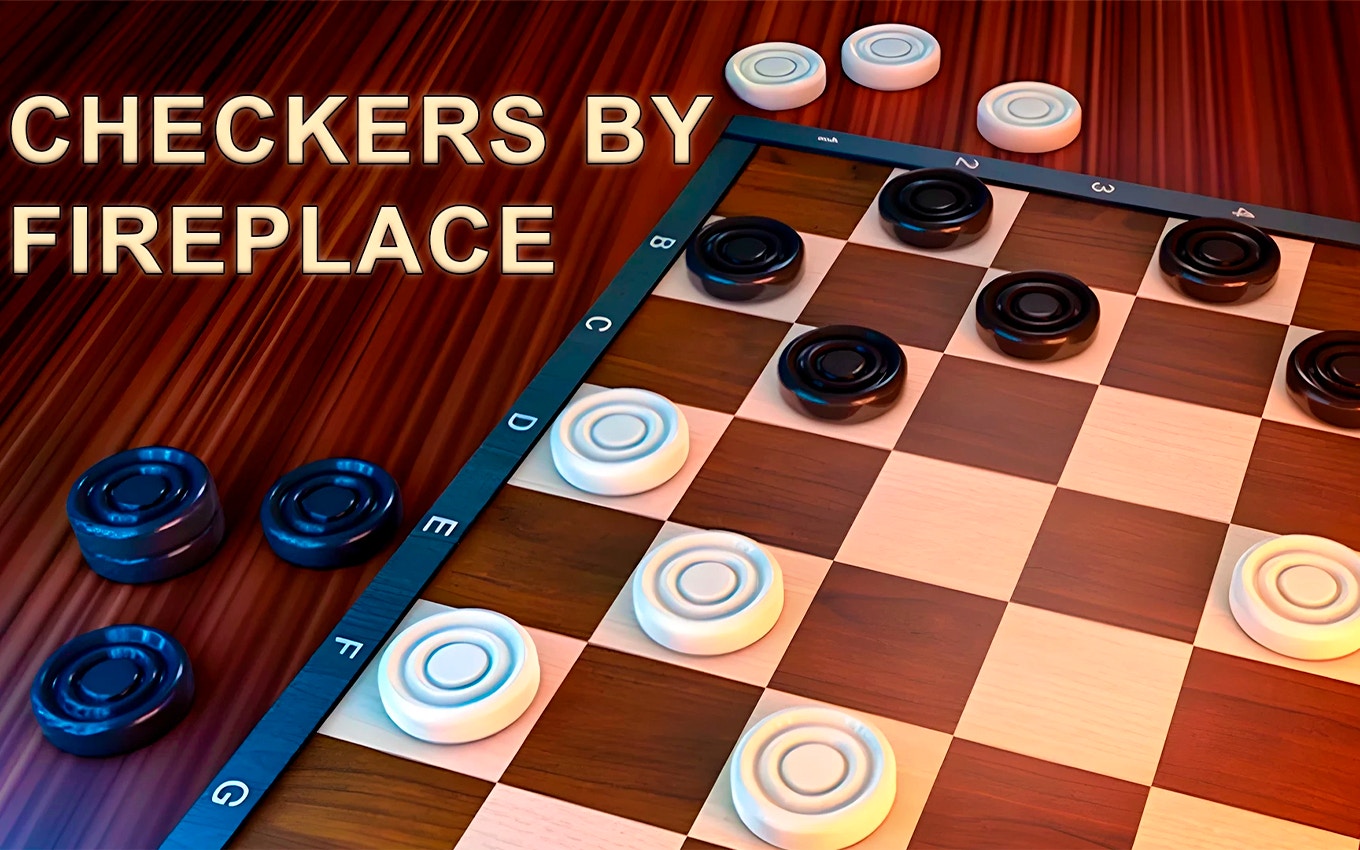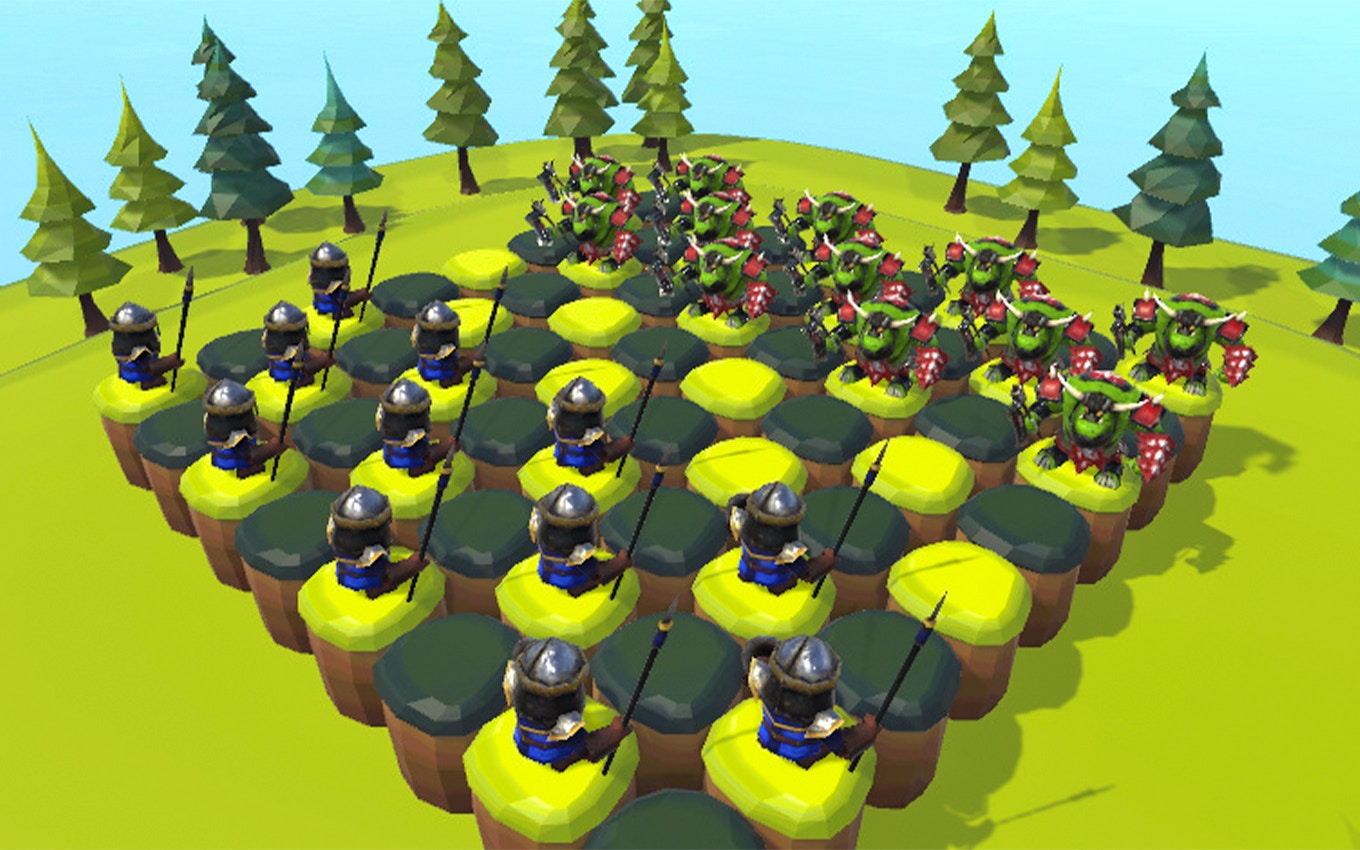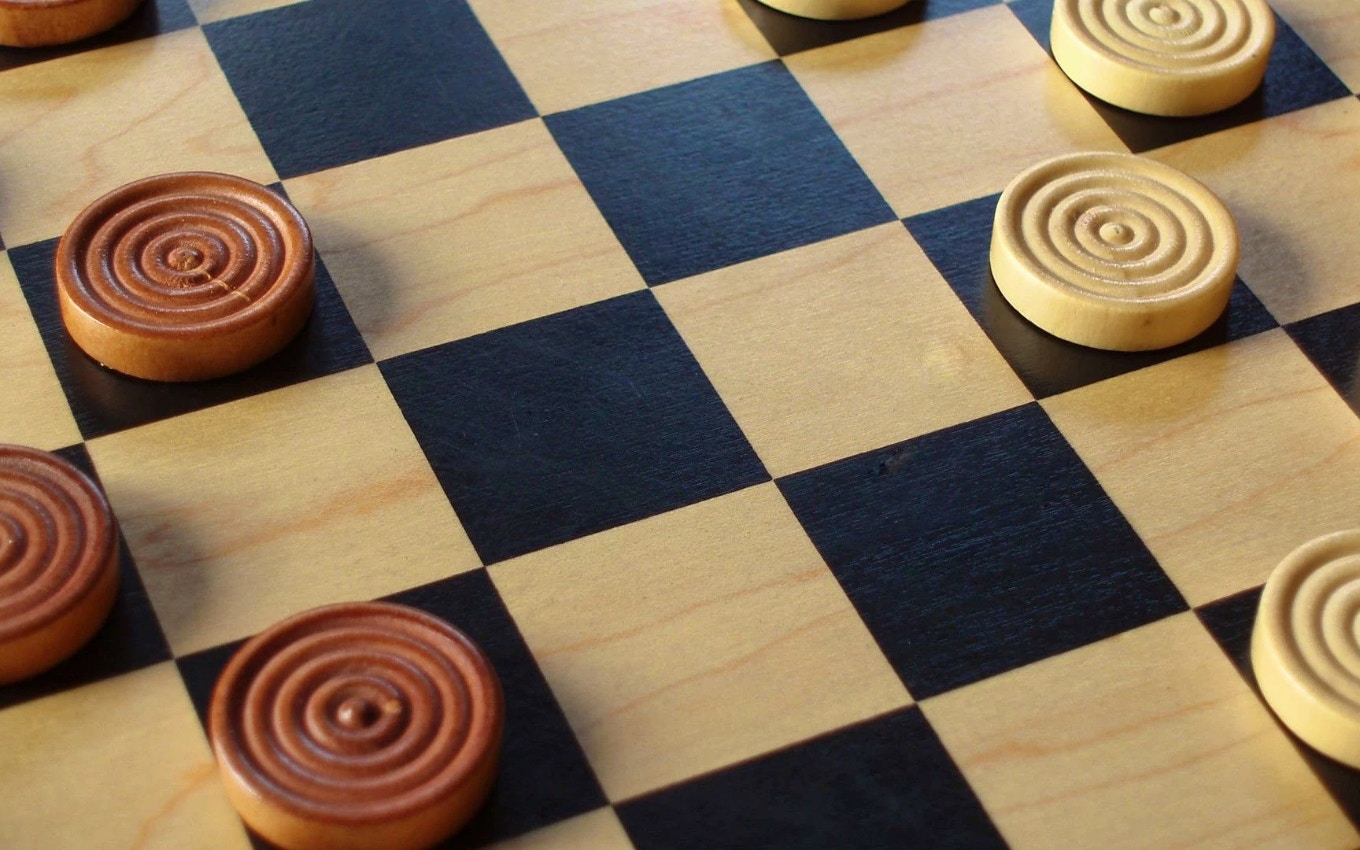Ludus Roman Checkers
The ancient Roman board game, whose name means "the game of soldiers", was first mentioned in the 1st century AD by the Roman writer Varro in his work "On the Latin Language". This game has its roots in the ancient Greek game Petteia, which, in turn, dates back to ancient Egypt. Most likely, such games as chess and checkers originated from this game. This game was very popular in ancient Rome, especially among the Roman legionnaires. Tournaments have been held on this game. This is a classic military tactical game, the goal of which is to capture as many enemy chips or the eagle of the legion (king) as possible. The game can be played with artificial intelligence, together with another person on the same device, or with a rival online in multiplayer mode. You can also watch other players' games, act as a spectator, and offer your own version of the player's next move by making it on the board. Rules: The player with the red checkers goes first. The goal of the game is to capture the opponent's king or destroy the maximum number of his checkers. All pieces, including the king, move horizontally or vertically on any number of squares, like a rook in chess. At the same time, they cannot jump over their own or other people's checkers, as well as move diagonally. Taking pieces is done by pincerizing two enemy pieces on your turn. It is possible to capture two or even three opponent's pieces in one move. Capture is not required. Felled pieces leave the board forever. Although the capture is carried out by pinching the piece from the sides, but the passage of the piece in its turn between two standing opponent's pieces is safe. If the king finds himself in a situation where he is unable to make a move in any direction, he is considered captured and the game is over. The king can be surrounded from four sides, as well as from three sides if he is at the edge of the board, or from two when he occupies a corner position. The so-called "cowardly" king can be caught even when he is surrounded by his own pieces and has lost the opportunity to make a move. The game ends if one of the players has only one king left, which makes it impossible to capture, in which case his opponent wins. The player also loses if the position is repeated three times.
